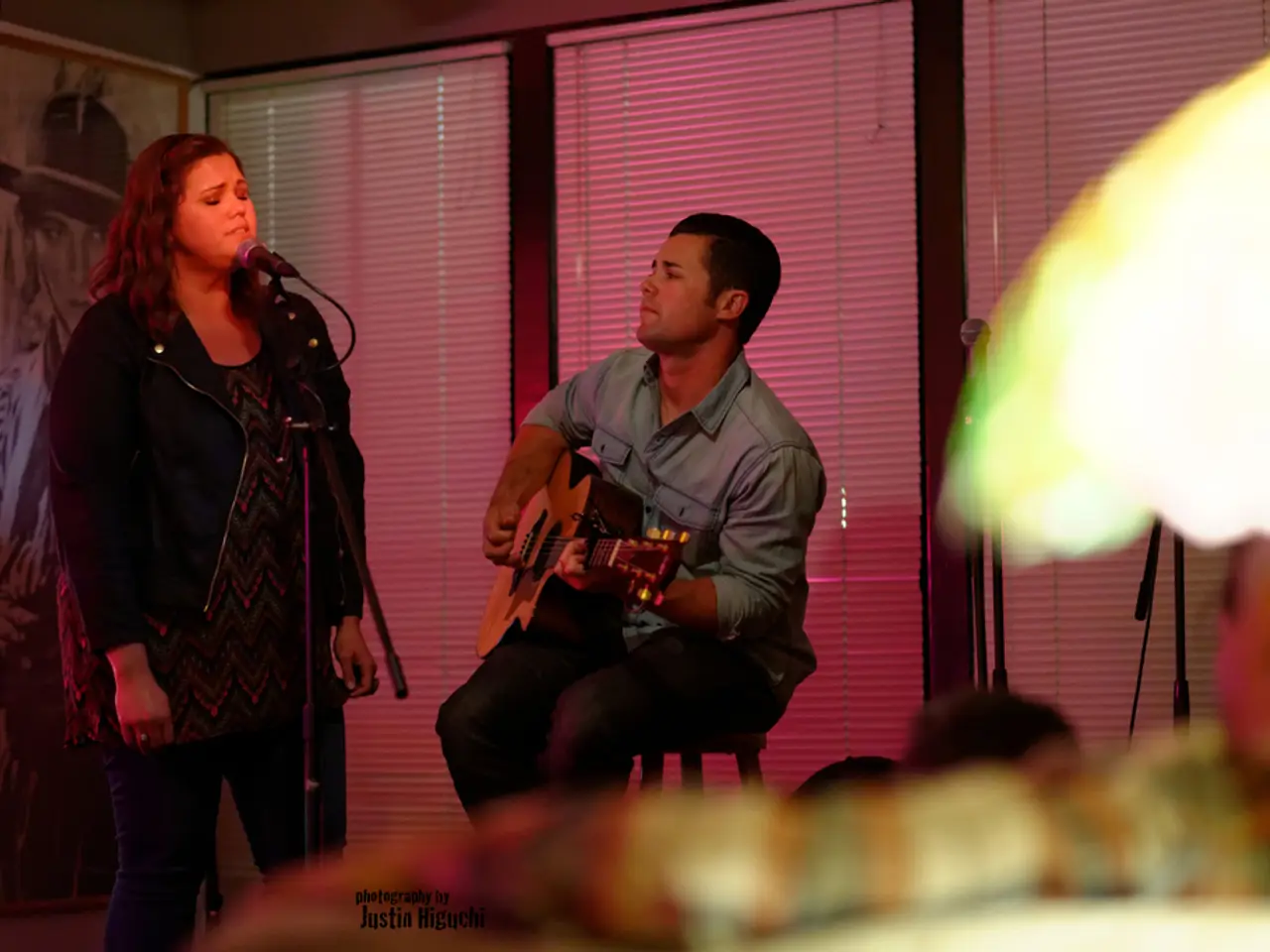Legendary composer Mark Snow, known for his work on 'The X-Files,' 'Ghost Whisperer,' and 'Blue Bloods,' has tragically passed away at the age of 78.
Mark Snow, a renowned composer whose innovative electronic scores shaped the sound of American television for decades, passed away at his home in Connecticut on Friday at the age of 78.
Born Martin Fulterman on August 26, 1946, in Brooklyn, Snow began his musical journey at the tender age of 10 with piano studies. He later added drums and oboe to his repertoire, and attended New York's High School of Music and Art.
Snow's professional journey began at the prestigious Juilliard School, where he studied composition and formed a band called Emil and the Detectives (later renamed the New York Rock & Roll Ensemble) with his roommate Michael Kamen. This classical training provided a solid foundation, but Snow's adaptability to the changing landscape of television and film scoring was evident throughout his career.
As television production evolved, so did Snow's approach to scoring. He transitioned from orchestral arrangements to embrace electronic music, a shift that allowed him to pioneer new soundscapes for television. This genre shift was especially apparent in his work for *The X-Files*, where the accidental creation of the iconic theme—developed after he hit a key with his elbow while experimenting on a keyboard—became emblematic of his innovative, electronic approach.
Snow's career was marked by versatility, as he composed music for a wide range of genres and programs. He wrote the theme and scores for his first big hit, "Hart to Hart," composing more than 90 scores for the ABC series. He also scored high-rated TV movies and miniseries like "Something About Amelia," "An American Story," "Oldest Living Confederate Widow Tells All," "Children of the Dust," and "Helter Skelter."
In the realm of television series, Snow's contributions are extensive. He scored more than 200 episodes of "The X-Files" and its big-screen incarnations, as well as other series like "Hart to Hart," "T.J. Hooker," "Smallville," "The Ghost Whisperer," and "Blue Bloods." His scores complemented the youthful, dramatic tone of "Smallville," fit the family and law enforcement themes of "Blue Bloods," and showcased his ability to create atmospheric, emotionally resonant music for "The Ghost Whisperer."
Snow's legacy extends beyond television, as he also wrote the music for the final four films of acclaimed French filmmaker Alain Resnais, earning a César nomination for the first, 2007's "Private Fears in Public Places." He was among the first to transition to the all-electronic milieu in the late 1980s, creating all the "X-Files" TV music on his synthesizers, samplers, and other music-making machines.
Snow received numerous accolades throughout his career, including 15 Emmy nominations. He was awarded ASCAP's Golden Note Award in 2005 "in recognition of his unprecedented success as one of the most versatile and popular composers in television and film." His Emmy nomination for his theme for "Nowhere Man" in 1996 is a testament to his enduring impact on the industry.
Snow's brother-in-law, actor Georg Stanford Brown, played a significant role in launching his career. He convinced producer Aaron Spelling to take a chance on the young composer by commissioning a score for ABC's "The Rookies."
Mark Snow's career evolution reflects both his classical training and his adaptability to the changing landscape of television and film scoring. His legacy will continue to inspire a generation of composers to experiment beyond traditional orchestration.
In Mark Snow's foray into movies-and-tv entertainment, he showcased his versatility by composing scores for a wide range of genres, including "Hart to Hart," "The X-Files," and TV movies like "Something About Amelia" and "Helter Skelter." His innovative, electronically infused approach to entertainment solidified his reputation among celebrities and industry professionals, earning him numerous accolades, including 15 Emmy nominations and the prestigious ASCAP Golden Note Award.







